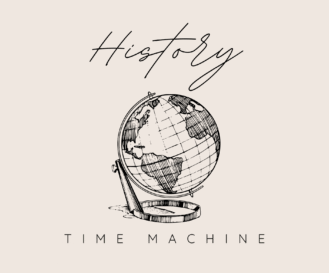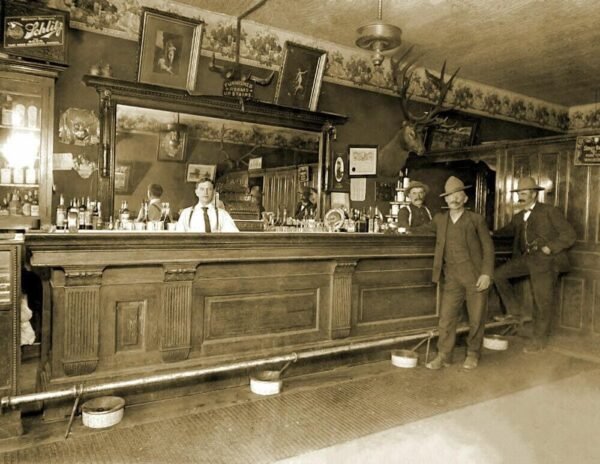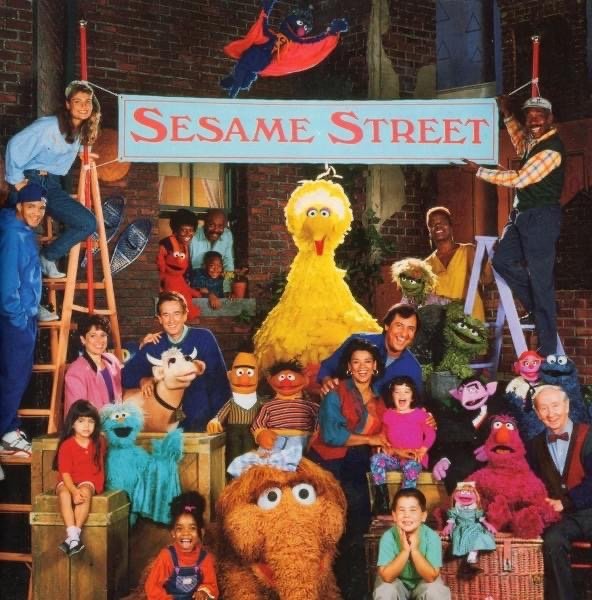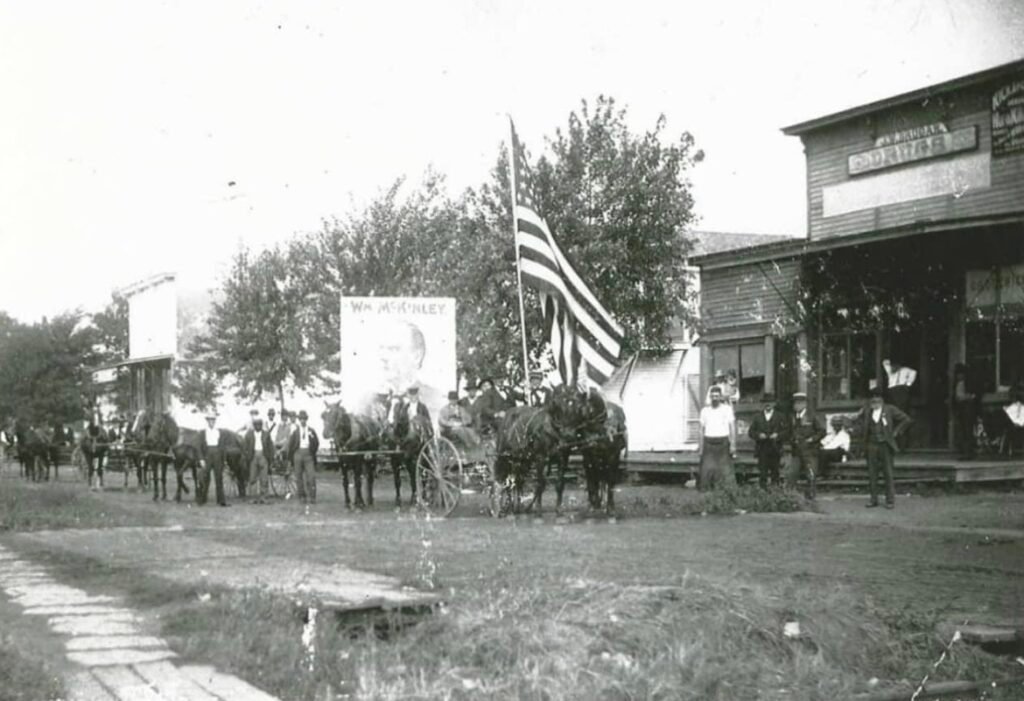
In the waning years of the 19th century, the small town of Jacksonville, Missouri, found itself swept up in the national fervor surrounding the presidential campaigns of William McKinley. It was a time when political enthusiasm could unite an entire community, and Jacksonville was no exception. The town, nestled in the heart of Missouri, became a microcosm of American political spirit during the elections of 1896 and 1900. This was not just about a presidential candidate; it was a celebration of civic engagement and local pride, a moment when the town’s residents came together to participate in the grand narrative of American democracy.
Jacksonville, like many small towns of the era, was a place where everyone knew each other’s names, and local businesses were the backbone of the community. Among these, the J.W. Brogan Drug Store stood as a testament to the town’s bustling activity and the entrepreneurial spirit that defined the American dream at the time. It was more than just a place to purchase medicine or pick up sundries; it was a gathering spot, a place where news was shared and discussed, where the issues of the day were debated over elixirs and tonics.
As the political campaigns of William McKinley gained momentum, Jacksonville’s streets echoed with the sounds of preparation and anticipation. The town was about to host a parade that would remain in the collective memory of its residents for generations to come—a parade in support of McKinley’s bid for the presidency. This event was not just a show of political allegiance; it was a display of communal solidarity and a reflection of the town’s place in the broader tapestry of American society.
The parade itself was a spectacle of banners, flags, and homemade signs, each bearing the name of McKinley, heralding the town’s overwhelming support for the Republican candidate. It was a moment of unity, where political affiliations transcended personal differences, binding the community together in a shared purpose. The streets of Jacksonville were alive with the sounds of marching bands, the clatter of horse-drawn carriages, and the voices of citizens singing patriotic songs, all contributing to a palpable sense of excitement and optimism for the future.
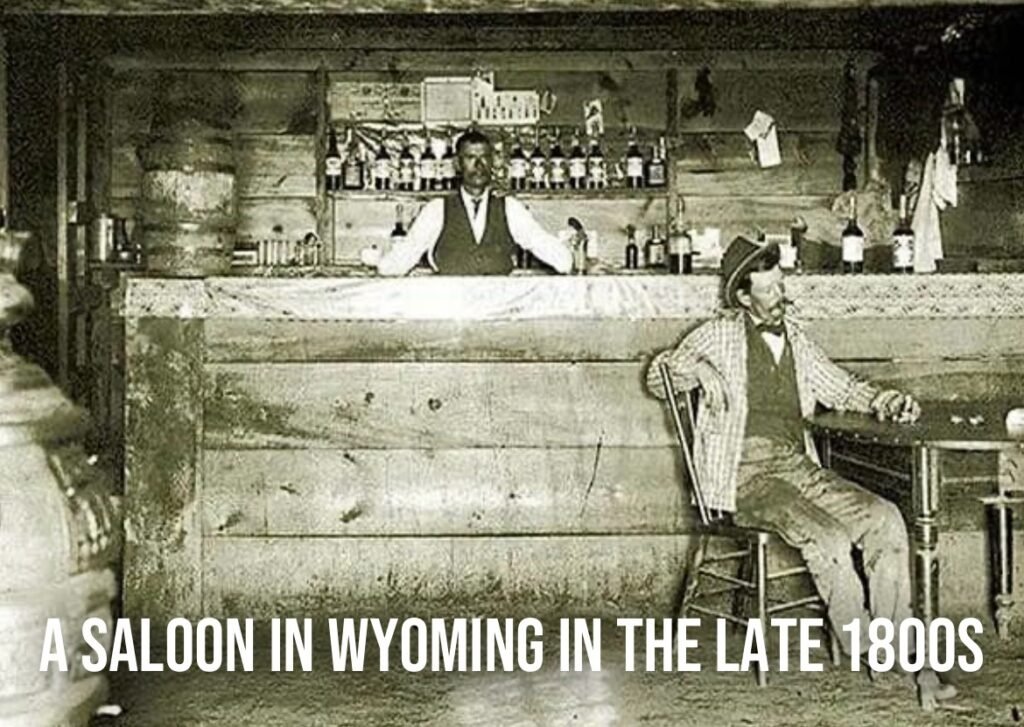
This parade was not merely a local event; it was a reflection of the national mood, a snapshot of the era’s political landscape. It demonstrated how deeply the currents of national politics could penetrate even the most remote corners of the country, bringing with them a wave of engagement and enthusiasm. The people of Jacksonville, through their participation in this parade, were not just spectators in the political process; they were active participants, contributing their voices to the chorus of democracy.
As we look back on this moment in Jacksonville’s history, it serves as a reminder of the power of community and the enduring spirit of American political life. It’s a testament to the fact that, regardless of the size of the town or the scope of the event, the desire to be part of the democratic process is a fundamental aspect of the American identity.
The Political Climate of the 1890s
The 1890s in America were a time of significant political and economic upheaval. The country was grappling with the aftereffects of the Panic of 1893, one of the worst economic depressions in United States history. This period also saw the rise of the Populist movement, advocating for the interests of the common people against the elites. Within this turbulent context, William McKinley emerged as a figure of stability and prosperity, promising to lead the nation towards economic recovery.
McKinley’s campaigns in 1896 and 1900 were characterized by his strong stance on protective tariffs and the gold standard, policies that resonated with many Americans seeking economic security. His ability to connect with the concerns of ordinary citizens, coupled with a robust campaign strategy, garnered widespread support across the country, including the small town of Jacksonville, Missouri.
The significance of political parades and public demonstrations of support during this era cannot be overstated. These events were not just about showing allegiance to a candidate; they were vital for rallying the public’s spirit, spreading political messages, and fostering a sense of community and shared purpose. In Jacksonville, the parade for McKinley was a vivid expression of the town’s political engagement and its hope for the nation’s future.
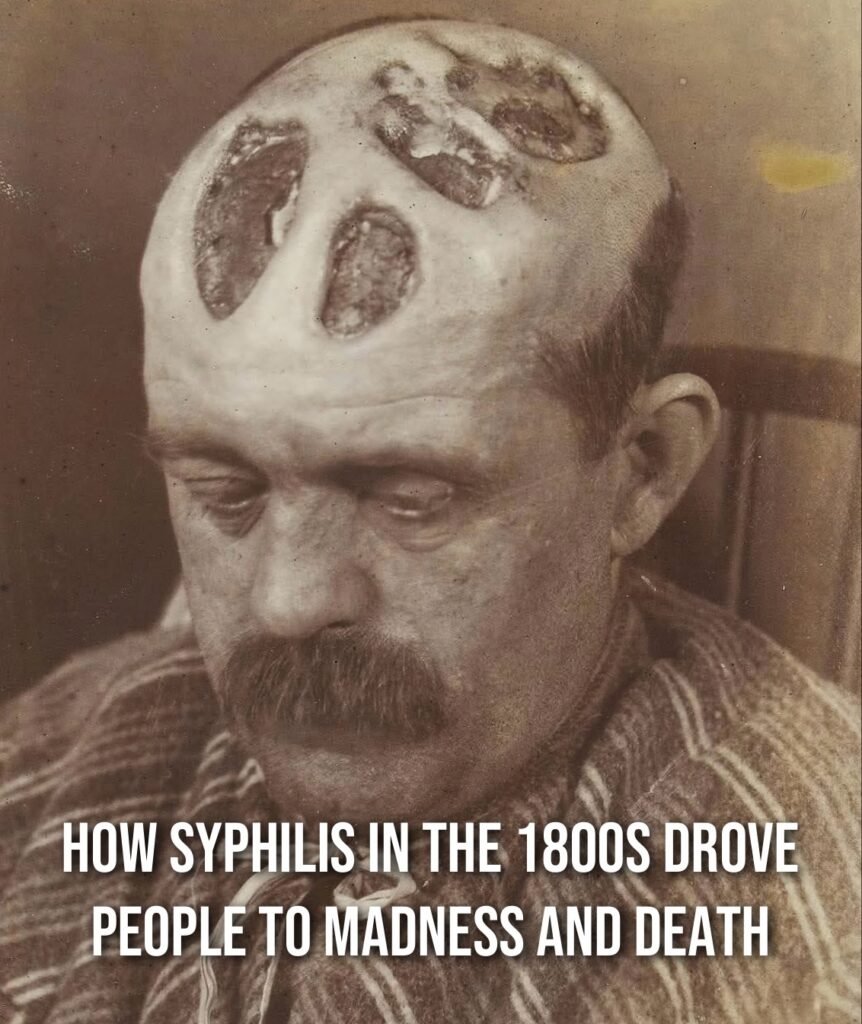
The Parade for President McKinley
The parade in Jacksonville was a microcosm of the larger political enthusiasm sweeping across the United States. Residents from all walks of life came together, adorned with McKinley campaign signs, to march through the town’s streets. The air was filled with the sounds of patriotic music and the sight of American flags waving in the breeze, creating a festive atmosphere that captivated the entire community.
Local businesses, including the J.W. Brogan Drug Store, played a crucial role in the parade, demonstrating the interconnectedness of commerce and politics. These establishments served as gathering points where people could discuss the issues of the day and express their support for McKinley. The involvement of such businesses underscored the parade’s significance not just as a political event but as a communal celebration.
The symbolism of McKinley campaign signs was particularly poignant. These signs were not merely political advertisements; they represented the town’s collective hope for prosperity and progress under McKinley’s leadership. The participation of local figures and businesses in the parade also highlighted the deeply personal nature of political support during this period, where backing a candidate was as much about community identity as it was about political ideology.
This parade in Jacksonville, though a single event in a small town, encapsulated the fervor and optimism of the era. It was a testament to the power of political engagement and the role of local communities in shaping the national discourse. As we reflect on this moment in history, it serves as a reminder of the enduring importance of civic participation and the impact of collective action on the course of American democracy.

Missouri Through the Ages: A Journey Through Time
As we delve deeper into the 20th century, examining the life and times in Kansas City during the 1960s offers a compelling snapshot of Missouri’s urban evolution. This era in Kansas City is a testament to the vibrant cultural and social dynamics that mirrored the broader shifts occurring across the United States. The city’s adaptation to these changes, from civil rights movements to economic developments, paints a rich picture of resilience and growth. For those interested in exploring this pivotal decade further, Exploring Life in Kansas City, Missouri, 1960: A Journey Through Time provides an insightful look into the city’s past.
In a similar vein, the nostalgic reflection on Lake Ozark, Missouri, during the 1960s captures another facet of the state’s diverse character. This period highlights the transformation of Lake Ozark into a beloved recreational and tourist destination, illustrating the broader trends in American leisure and the pursuit of the great outdoors. The nostalgic look back at Lake Ozark in the 1960s offers a glimpse into how these leisure spaces contributed to Missouri’s identity and economy during a time of significant social and cultural change.
By weaving together these narratives from different decades, we gain a fuller understanding of Missouri’s rich historical landscape, from the spirited political parades of the late 19th century to the cultural transformations of the 20th century. Each chapter in Missouri’s history offers unique insights into the American experience, reflecting the resilience, diversity, and spirit of its people.
Reflecting on Missouri’s Legacy: From Parades to Progress
Reflecting on the spirited political parade in Jacksonville, Missouri, for President McKinley at the turn of the 19th century, we’re reminded of the enduring spirit of community and political engagement that has characterized Missouri throughout its history. This event, though a single moment in time, encapsulates the broader narrative of Missouri’s active participation in the national story, from its strategic role in the Civil War to its vibrant cultural evolution in the 20th century.
Missouri’s journey from the late 1800s through the 1960s showcases a state in constant flux, adapting to and influencing the course of American history. The parade for McKinley, set against the backdrop of a burgeoning Jacksonville, serves as a poignant reminder of the ways in which political enthusiasm and community solidarity can shape the identity and destiny of a place.
As we look back on these historical snapshots, from the political parades of Jacksonville to the bustling streets of Kansas City in the 1960s, we gain a deeper appreciation for the complex tapestry of events and influences that have shaped Missouri. It’s a story of resilience, community, and the enduring quest for progress—a narrative that continues to unfold today.
Questions & Answers
How did political parades in the late 19th century contribute to community identity?
Political parades, like the one for McKinley in Jacksonville, Missouri, were more than just expressions of political support; they were pivotal community events that fostered a sense of unity and shared purpose. These gatherings allowed communities to publicly affirm their values and political leanings, strengthening local identities and solidarity.
What role did local businesses play in political events of the era?
Local businesses were central to the organization and execution of political events, serving as gathering points and financial supporters. Establishments like the J.W. Brogan Drug Store in Jacksonville not only provided a space for community members to discuss political matters but also symbolized the economic and social hubs that were integral to the town’s life.
How has Missouri’s historical narrative influenced its present-day identity?
Missouri’s rich historical narrative, marked by events like the McKinley parade and the cultural transformations of the 20th century, has deeply influenced its present-day identity. These historical moments reflect the state’s resilience, diversity, and spirit, shaping its current cultural, social, and political landscape. Missouri’s history of engagement and adaptation continues to inform its approach to contemporary challenges and opportunities.
Through the lens of history, we see how Missouri’s past has not only shaped its present but also offers insights into the future. The state’s journey is a testament to the enduring power of community, the importance of political engagement, and the constant evolution that defines the American experience.
As an Amazon Associate we earn from qualifying purchases through some links in our articles.
